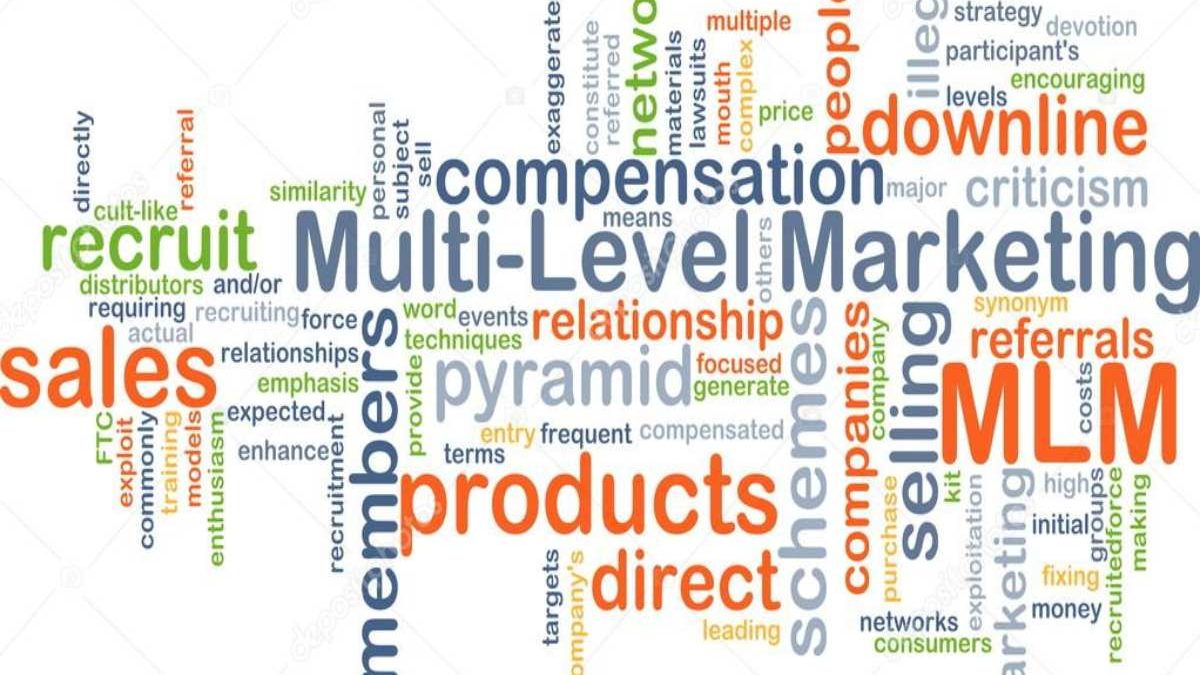Table of Contents
Summary
Multi Level marketing (MLM) refers to a strategy used by some direct selling companies to sell products and services. MLM encourages existing members to advertise and sell their offerings to others and attract the Company’s recruits. Distributors receive a percentage of sales from their recruits. New hires become the distributor’s network or downline and are encourage to make sales to make money. Many MLM schemes are legal, but illegal operations operate as pyramid schemes.
KEY Features
- Multilevel marketing is a simple business strategy use by direct selling companies to sell products and services.
- Existing members are encouraged to advertise and sell their offerings to others and attract the Company’s recruits.
- Contestants receive a percentage of sales from their recruits.
- Members of all levels get some commission, which means the more levels, the more money people can make.
- The FTC examines MLM programs to ensure they don’t operate like illegal pyramid schemes.
Understand Multilevel Marketing (MLM).
Multilevel marketing is a legitimate business strategy, often used by businesses that rely (heavily) on sales to make revenue. Unlike old-style sales channels, multilevel marketing programs involve networks to sell and employ new participants. As such, they are often mention as network marketing.
That’s how it works. People enter the business as entrepreneurs, independent business owners, distributors or direct sellers. These individuals are responsible for selling the Company’s products and also, services to others, including family and friends. They get a commission for every sale they make. The deal can be in person or online.
Special Considerations
Although legal, Multi-Level Marketing is often controversial. One of the problems is pyramid schemes that use money from new hires to pay the people at the top instead of those doing the work. You can recognize pyramid schemes because they focus more on recruitment than product sales. These systems (and the people behind them) take advantage of others by pretending to be involve in the legitimate network or multilevel marketing.
Real-World Examples Of Multilevel Marketing
There are many examples of Multi-Level Marketing in the corporate world. As an indicator of its popularity, there are only two largest and most well-known companies that built and kept this business afloat.
Amway
There is a generally renowned direct sales company called “Amway” that uses MLM to generate income. The Company registers over 100 countries of various sales and health, beauty, and home care, and earned $8.7 billion in independent business owners in 2018 alone.
Herbalife
Herbalife is fortune 500 company operating in MLM field with focus on production and wholesaling of health and weight loss products. The Company claims that it mostly obtains funding from a product sales, not recruitment. It also states that the commission promises to facilitate the dealings between the members, for instance through providing the money-back guarantee to ensure they are happy with the products they buy but couldn’t sell.
A number of fraud suits against Herbalife have all declared the Company was misleading its sales practice, including the 2016 settlement with the FTC that determined the branch to change its system.
Multilevel Marketing Is A Pyramid Scheme
Multi-Level Marketing is controversial and also, is often compared to Ponzi schemes. Though some MLM operations are legal, others have been examined. This usually happens when most profits are diverted away from the trade, and little is left for the rest of its members.
If an organization focuses primarily on recruiting rather than selling products, it may also indicate under a pyramid scheme. Members of these regimes sometimes number in the hundreds or even thousands.

